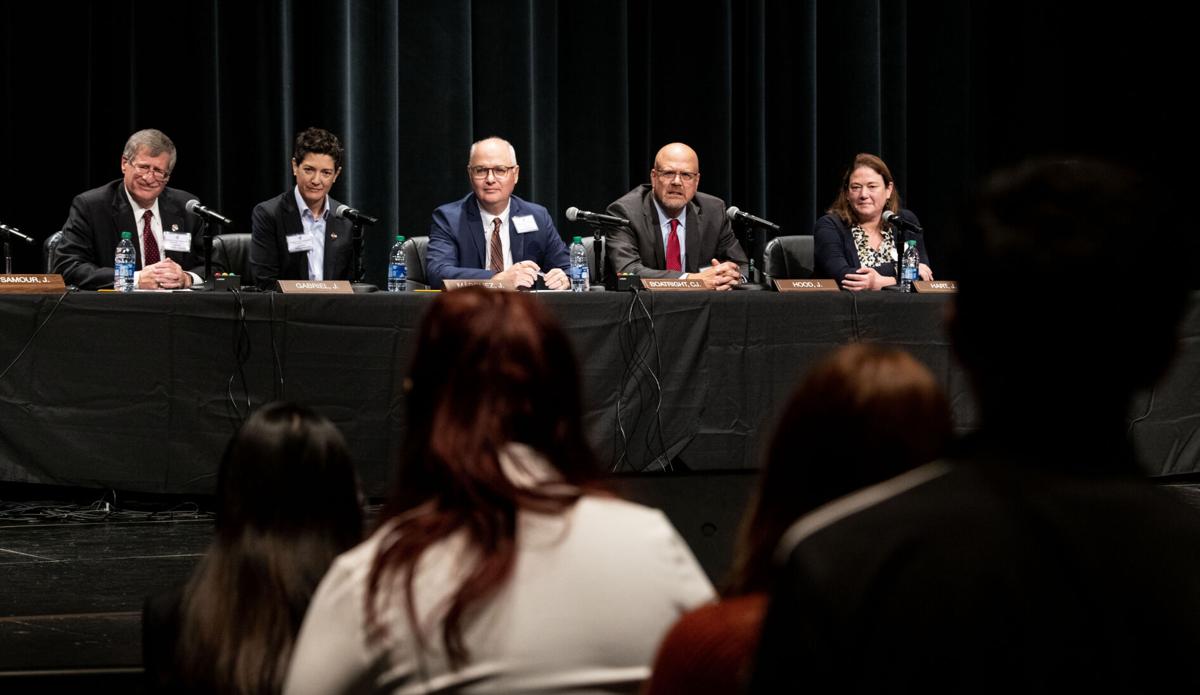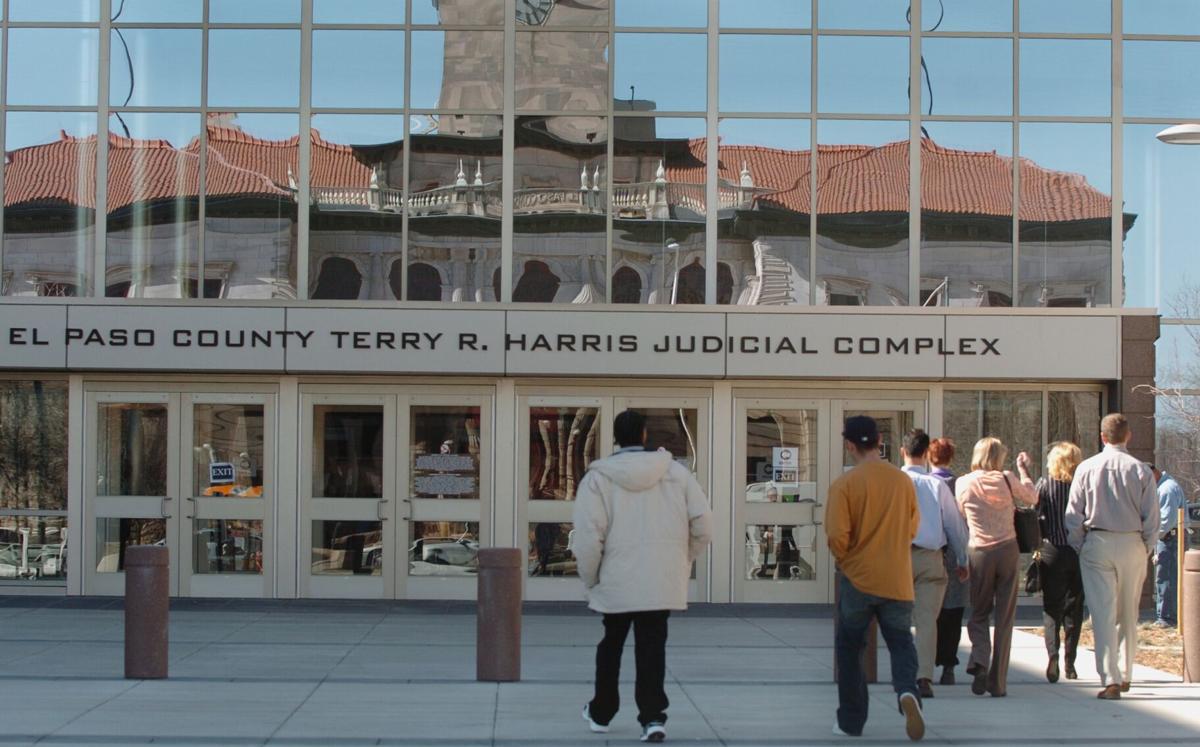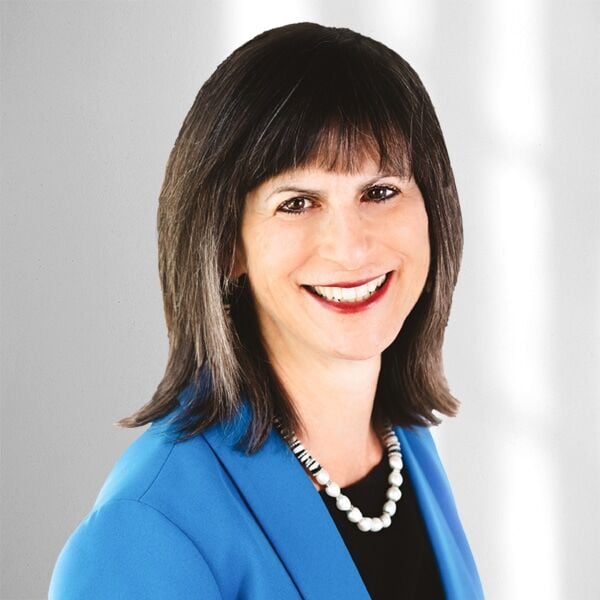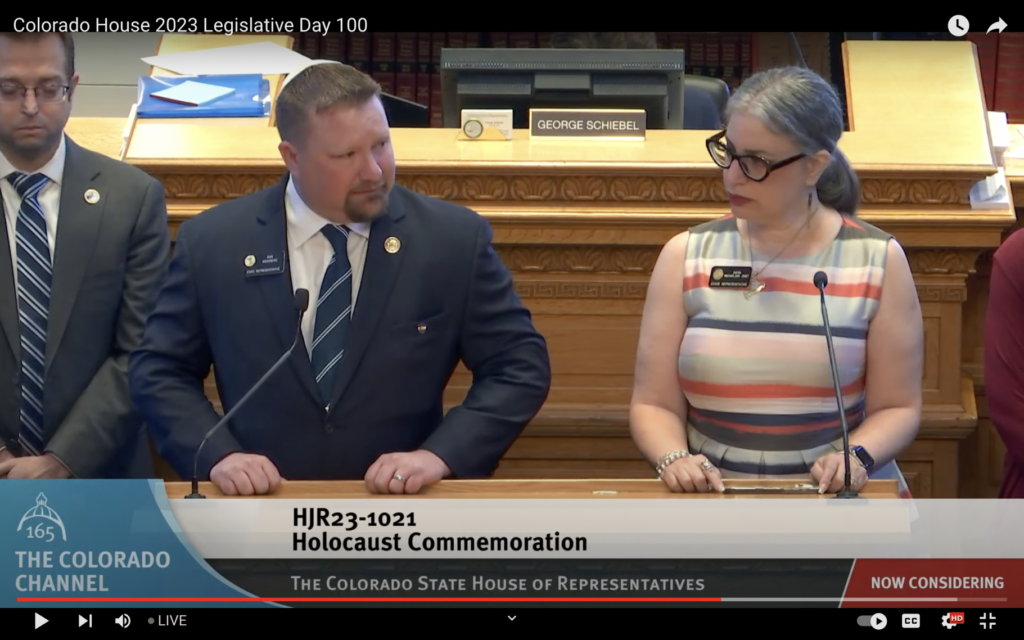Q&A with Angela Arkin | Launch of Colorado’s licensed legal paraprofessional program underway
Last year, the Colorado Supreme Court approved a framework for a new legal occupation that can represent clients in limited circumstances without a law degree: licensed legal paraprofessionals.
On April 30, the first class of LLPs will sit for an exam, and soon afterward will be able to handle aspects of divorce, custody and other domestic relations cases. Washington authorized the first LLP program in 2012 and other states have since implemented pilot or permanent initiatives that give unrepresented litigants an alternative to standard legal representation — akin to nurse practitioners in the medical field.
Angela R. Arkin, a former trial judge in the 18th Judicial District, is the chair of the Supreme Court’s LLP committee. She spoke to Colorado Politics about the path to rolling out the LLP program.
FAST FACTS:
• Licensed legal paraprofessionals must have 1,500 hours of law-related experience, including 500 in family law, before applying
• LLPs will be involved in divorces, custody, child support, name changes, protection orders, and adult gender designation changes
• Currently, upwards of 75% of litigants in domestic relations cases have no legal representation
Colorado Politics: Can you give a brief overview of what has happened since last spring to get to the point where the first class of licensed legal paraprofessionals is about to exist in Colorado?
Angela Arkin: The rules were passed by the Supreme Court in 2023, the March rules. The Supreme Court updated the rules in November, but that happened primarily because we were having to create an ethics exam and a family law exam. We figured out the rules weren’t as easy to understand and specific as we wanted them to be. I’ll give an example.
Common law marriage: If the parties agree to the date they were married and the fact that they were married, then we didn’t want LLPs to be prohibited from assisting them. It’s just like any other marriage that’s dissolving. The rules weren’t changed per se, they were just clarified.
We hired a company that actually drafted the exams down in Arizona and Utah and Washington state. They have expertise doing this kind of work all over the country — paraprofessional kinds of things. But we had a bunch of experts in Colorado ethics and Colorado family law (consult on the drafting).
CP: Do you know how many people are taking the exam on April 30 and also, do you have a sense of who these folks are demographically?
Arkin: Over 70 people applied and, I think, right around 70 people qualified to take the exam, but I don’t know what the final number was. There were a few people who had personal issues that made them decide to wait until November. There were a few people who didn’t qualify for character and fitness. There were a few people who didn’t qualify for the number of hours that you needed. But more than 70 people actually filled out the application.
CP: The exam appears to be a mix of multiple choice and short answer questions. Who created the exam and what resemblance does it have to the bar exam?
Arkin: The bar exam asks multiple choice questions about every aspect of law that you might need to practice. LLPs will only be practicing family law. There’s a document that we created in 2021 — a committee of primarily domestic relations judges and magistrates — and it’s called the core competencies. That core competencies defined what was going to go on the exam. And then we had to determine sort of a grid for the exam itself and we created 120 multiple choice, family law questions. Only 90 of them will be on the exam. There will be two “short answer” questions, 45 minutes each. And there will be 45 ethics questions.
So, it’s a six-hour exam, but it will only be family law and ethics.

FILE PHOTO: Students from Pine Creek High School ask the justices of the Colorado Supreme Court questions after watching them hear arguments from two cases in the high school auditorium on Nov, 17, 2022. Pictured from left to right are Justice Richard L. Gabriel, Justice Monica M. Márquez, Chief Justice Brian D. Boatright, Justice William W. Hood III and Justice Melissa Hart.
Parker Seibold/The Gazette

FILE PHOTO: Students from Pine Creek High School ask the justices of the Colorado Supreme Court questions after watching them hear arguments from two cases in the high school auditorium on Nov, 17, 2022. Pictured from left to right are Justice Richard L. Gabriel, Justice Monica M. Márquez, Chief Justice Brian D. Boatright, Justice William W. Hood III and Justice Melissa Hart.
CP: After the exam’s administration, what is the next step for the LLPs?
Arkin: We will have folks grading the exams in early May and once the exams are graded, the LLP committee has to meet and determine — based on character and fitness, the exam scores and qualifications for licensure — who is qualified to be licensed. We will submit that list to the Colorado Supreme Court, who, I believe, in early June will make the determination as to who will be sworn in as an LLP. And on June 20, we will have the swearing-in in the Supreme Court itself.
CP: Have trial judges across the state received any orientation yet about this new group of legal workers that’s going to start appearing in courtrooms?
Arkin: Our first training was in February and our second training was in March. Altogether, I think there were about 60 judicial officers who attended. We are also doing two presentations at the probate law and domestic relations law conference. Then in September at judicial conference, we have a presentation for the entire conference on LLPs planned.
In addition, we have come up with sort of a best practices training program. We have told all judicial officers we would be happy to go into their district and help implement if they are interested. I think it’s one of those things that is kind of a black box right now because nobody knows what it will be like to have those folks practicing law.
The other thing that we have for the LLPs themselves is literally the day after they’re sworn in, there will be a full-day practicum that we’re putting together for new practitioners so that they will have some understanding of what it’s like to sit with clients and fill out all the forms and do the intake and the discovery and the disclosures as the practitioner, rather than as a paralegal. Also, what it’s like to attend mediation representing a client and what it’s like to go to court. It’s not required, but we’re hopeful many folks will take advantage of that.
We are starting that program with three paraprofessionals — one from Washington, one from Arizona and one from Utah, who all are family law paraprofessionals in those three states. The title of that presentation is “What I wish I knew before I started.”

The entrance of the El Paso County Terry R. Harris Judicial Complex on Tejon Street in Colorado Springs.
The Gazette file

The entrance of the El Paso County Terry R. Harris Judicial Complex on Tejon Street in Colorado Springs.
CP: Are most of the LLP applicants currently paralegals?
Arkin: Most of them are. There are a small number who are longtime, experienced judicial staff, but the challenge is that we have an expectation that the individuals who are applying for this licensure have actual experience working with actual people going through dissolution of marriage, protection orders, those kinds of things. So, it’s pretty hard to get that experience if you’re just a judicial clerk.
CP: What will you be looking for during the first six months to a year of LLPs?
Arkin: We’re hoping to get positive feedback — not positive per se, but feedback that can help us improve the program. And we are going to be actively seeking that from the LLPs themselves, from lawyers and judges and other people who work with them, hopefully from clients.
We also have another exam on November 12, so we’ll have to draft some more questions. We also want to get a sense of how these people are processing: Are they doing traditional representation? Are they mostly in law firms or are there lots of independent folks? Are they doing unbundled legal services for people and/or lower cost or sliding scale?
There is a pro bono expectation for these folks and we are going to be introducing them to Metro Volunteer Lawyers and other ways they can do volunteer work to assist the public, just like lawyers have an expectation of pro bono but it’s not a requirement.
We’re hopeful there will be a lot of things that we learn that we can improve on going forward, but this is the first round. We’re hopeful that many of these folks who apply will be successful and that the citizens of Colorado will get a good experience from it, and it will be helpful in getting cases through the courts and/or resolved in mediation, which is also huge.




